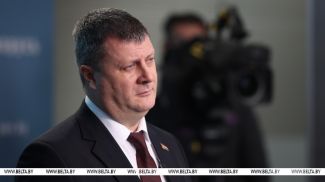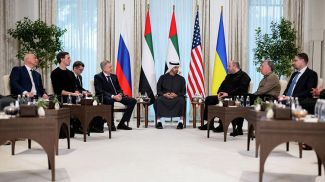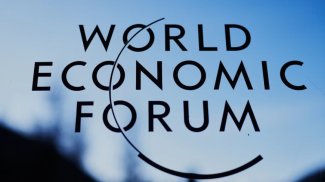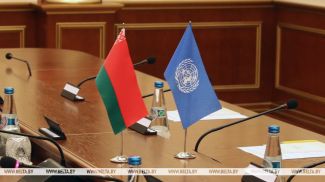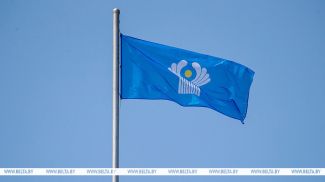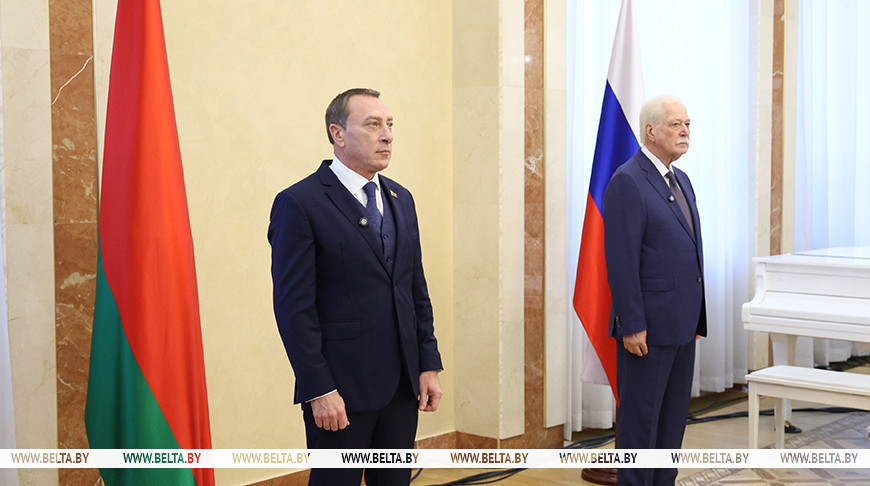
MINSK, 11 June (BelTA) – Relations between Belarus and Russia are cemented by the common history and close economic ties, Belarus’ First Deputy Prime Minister Nikolai Snopkov said at a reception at the Russian Embassy in Minsk on the occasion of Russia Day on 11 June, BelTA has learned.
“It is symbolic that we mark this day between two important dates - our common big day - the 80th anniversary of the Victory in the Great Patriotic War - and Independence Day of Belarus. This is not just a coincidence, it is a symbol of the uniqueness of our relations that rely on a common historical legacy, multifaceted culture, and close economic ties,” Nikolai Snopkov remarked.
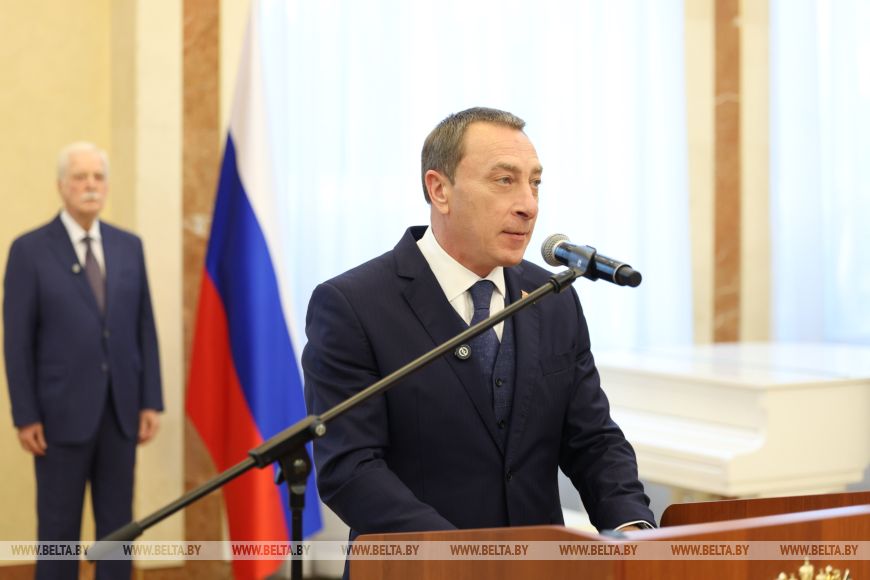
“It is symbolic that we mark this day between two important dates - our common big day - the 80th anniversary of the Victory in the Great Patriotic War - and Independence Day of Belarus. This is not just a coincidence, it is a symbol of the uniqueness of our relations that rely on a common historical legacy, multifaceted culture, and close economic ties,” Nikolai Snopkov remarked.

He went on saying: “Time has proved the strength of our union, which has not collapsed under the heavy burden of history. Here we say: “Two banks - one river”. Standing on their own banks, Belarus and Russia are like two friends who respect and support each other in good times and in bad times.”
“The history of Russia is full of all kinds of events, including unpredictable twists and turns. The Russian state has passed all the tests with dignity, preserving its independence and creating the greatest cultural heritage, unique art and distinct identity,” the first deputy prime minister emphasized.
Nikolai Snopkov noted that the country's economy is on the rise. “Thus, over the four years under sanctions, the country’s nominal GDP has doubled, international reserves are growing, and external debt is decreasing. All this allows real household income to grow and unemployment to be kept at a minimum.”
Nikolai Snopkov noted that the country's economy is on the rise. “Thus, over the four years under sanctions, the country’s nominal GDP has doubled, international reserves are growing, and external debt is decreasing. All this allows real household income to grow and unemployment to be kept at a minimum.”




